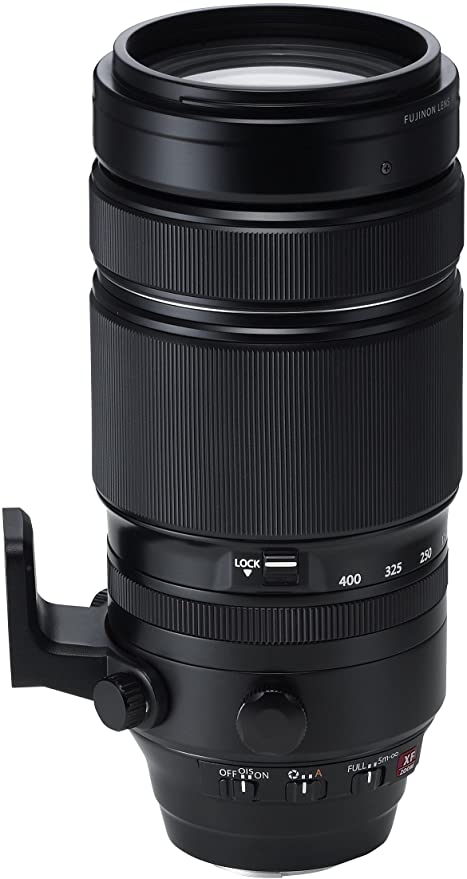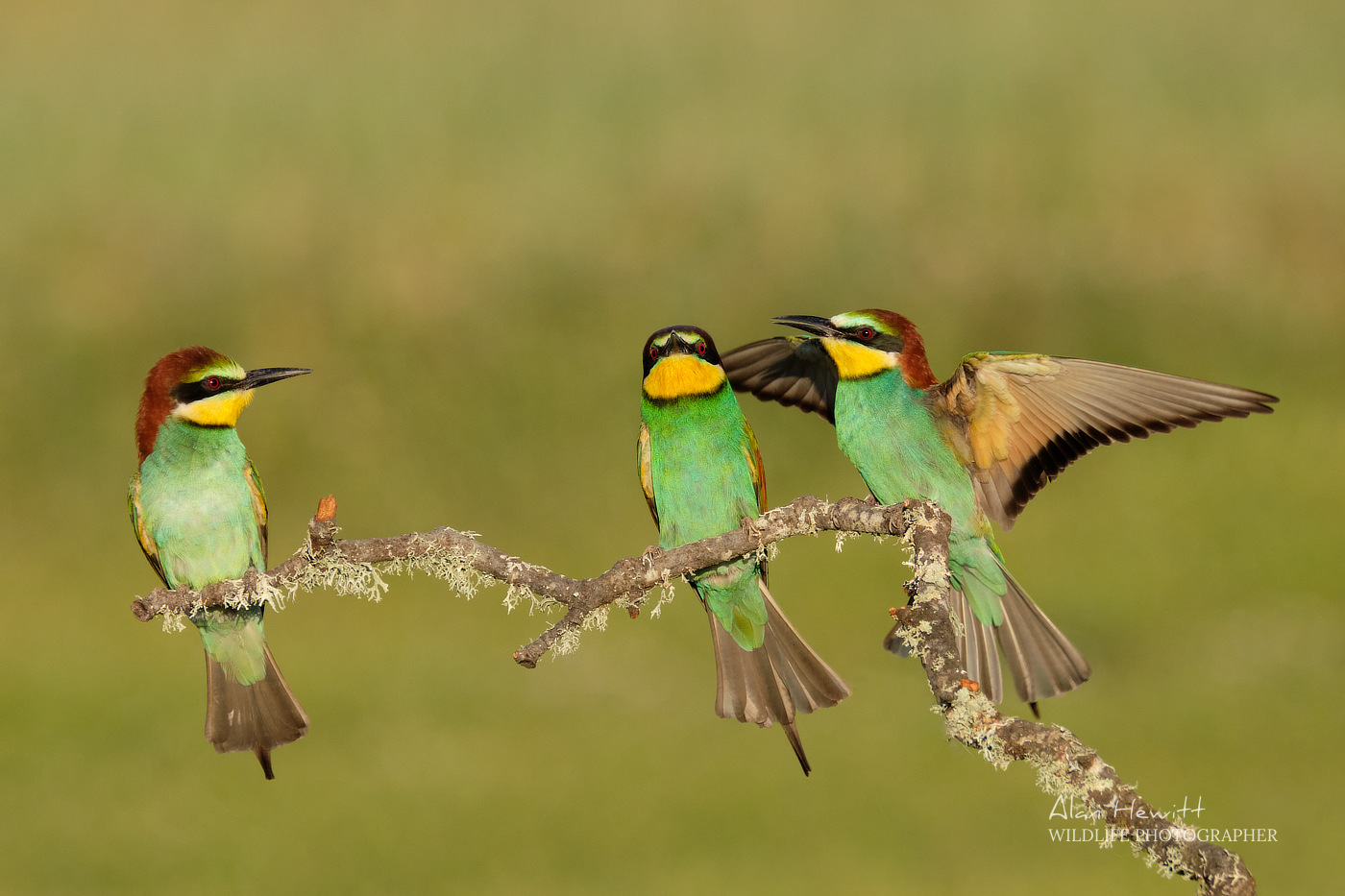I am regularly asked a few questions about the variable aperture on the Fujinon (Fujifilm) 100-400mm f/4.5-5.6 and so as I often do, I decided to write a blog post covering them…
IS THERE AN APERTURE RING?
Yes! Because the aperture markings are not marked on the lens barrel, it isn’t quite as obvious as other lenses. But it is there, located between the focal length markings and the tripod collar lock screw. As we would expect, it adjusts the aperture with a reassuring tactile increment for each 1/3 of a stop.
WHY ARE THERE NO APERTURE MARKINGS?
Firstly, let’s ask ‘What is a variable aperture lens?’ then we’ll come back to this!
WHAT IS A VARIABLE APERTURE LENS?
The 100-400mm is a zoom lens with a variable aperture. This means the widest available aperture changes as we increase the focal length of the lens. If the aperture was to stay at a constant f/4.5 throughout the 100-400mm range it would add considerable size and weight to the lens, and costs too.
It doesn’t affect ‘stopping down’ the aperture for exposure. Should you wish to, we can ‘stop down’ towards f/22 at any point in the focal length.

SO, WHY ARE THERE NO APERTURE MARKINGS?
If you are using the widest f/4.5 aperture at 100mm and you zoom through the focal length to 400mm, the lens automatically narrows the aperture to f/5.6. If the aperture was ‘physically’ marked on the barrel as f/4.5 would be incorrect and confusing.
Zoom lenses such as the Fujinon 50-140mm f/2.8 have a constant aperture throughout their focal length range, it therefore makes sense to have aperture markings on the barrel.
HOW DOES THE APERTURE VARY THROUGHOUT THE FOCAL LENGTH RANGE?
The total difference is between f/4.5 at 100mm and f/5.6 at 400mm. Here we can see exactly where the aperture closes down as we move from 100mm to 400mm…
| Focal Length | 100mm | 107mm | 128mm | 153mm | 183mm | 280mm | 323mm | 347mm |
| Widest Aperture | f/4.5 | f/4.6 | f/4.7 | f/4.8 | f/5 | f/5.2 | f/5.4 | f/5.6 |
Finally, no blog post about a lens can be complete without a photograph taken with that lens, so here are some European Bee-eaters photographed in rural Spain earlier this year!

European Bee-eaters – Fujifilm X-H1 & Fujinon 100-400mm f/4.5-5.6 & 1.4x t/c



Thank you, I wondered why they don’t write the aperture wrote on the lens, Kind of obvious now that you know.
How did you test this, your methodology? Please.
Hi Benjamin, camera set to 100mm and aperture to f/4.5. I very slowly worked through the zoom range and found the most accurate point I could when the aperture changed. I took a photograph at each instance and examined the focal lengths on each photograph. Maybe there are more scientific ways to do this, but I doubt I would be equipped to be able to do so. Ideally I would have like to try more than one lens to see if there are any differences, perhaps some minor manufacturing tolerances?
Thank you Alan, I’m not sure there would be any practical yet ultra-precise way of doing it, I agree not without very specialist equipment. I was interested to know if you tested more than one lens though as I thought there may be a little variation, as you say, perhaps manufacturing tolerances.
Do you find the aperture ring too narrow? I often feel a little more width could be given to the aperture ring, perhaps take a bit of the zoom ring. WHat do you think?
I find it works well with the position of my thumb as I alternate between adjusting focal length and the aperture. Ergonomics are never going to be perfect for everybody, sometimes we have to adjust our grip and at first it may be unfamiliar but over time we get used to it. That said, I can’t recall finding it an issue when I first took to using the lens.